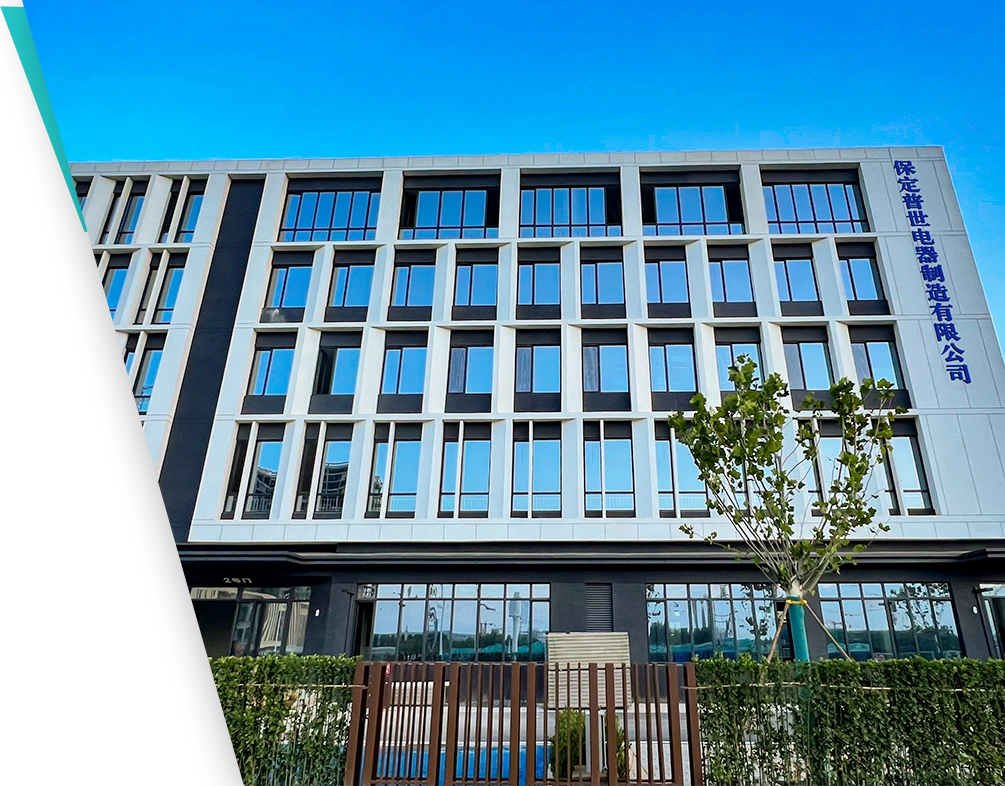 English
English


gas chromatography mass spec
Gas Chromatography Mass Spectrometry A Powerful Analytical Tool
Gas Chromatography Mass Spectrometry (GC-MS) is a powerful analytical technique widely used in various fields such as environmental monitoring, food safety, forensic analysis, and pharmaceuticals. This technique combines the capabilities of gas chromatography (GC) and mass spectrometry (MS) to provide detailed information about complex mixtures of compounds.
Gas chromatography is the initial step in the GC-MS process. In GC, a sample is vaporized and injected into a chromatographic column where it is separated based on the volatility and affinity of the components to the stationary phase within the column. As the sample travels through the column, different compounds will elute at different times, known as retention times. This separation allows for the identification of individual components within a mixture.
Gas Chromatography Mass Spectrometry A Powerful Analytical Tool
One of the primary advantages of GC-MS is its high sensitivity and specificity. The combination of GC's separation capabilities with MS's identification and quantification powers enables the analysis of low concentrations of substances in complex matrices. For instance, in environmental studies, trace levels of pollutants can be detected in soil or water samples, providing crucial information for regulatory compliance and public health. In food safety, GC-MS is used to identify pesticide residues and contaminants, ensuring that food products are safe for consumption.
gas chromatography mass spec

The versatility of GC-MS is another significant benefit. The technique can be utilized for a wide range of applications, including the analysis of volatile organic compounds (VOCs), essential oils, and metabolites in biological samples. In forensic science, GC-MS plays a vital role in toxicology, allowing for the identification of drugs and poisons in biological fluids, contributing to criminal investigations and legal proceedings.
Moreover, advancements in technology continue to enhance the capabilities of GC-MS. Innovations such as high-resolution mass spectrometry (HRMS) and tandem mass spectrometry (MS/MS) have further improved the analysis, allowing for better detection limits and more detailed structural elucidation of compounds.
Despite its advantages, GC-MS does have limitations. It is primarily suitable for volatile and thermally stable compounds, which can restrict its application in certain analyses. Additionally, sample preparation can be complex and time-consuming, often requiring derivatization for specific compounds to enhance volatility.
In conclusion, Gas Chromatography Mass Spectrometry is an indispensable analytical tool that provides valuable insights across multiple domains. Its ability to separate, identify, and quantify compounds in complex mixtures makes it essential in research and industry sectors, continuing to evolve and adapt to meet the demands of modern science. With ongoing advancements, GC-MS will remain a cornerstone technique in analytical chemistry, driving progress in quality control, environmental protection, and public safety.
-
Differences between open cup flash point tester and closed cup flash point testerNewsOct.31,2024
-
The Reliable Load Tap ChangerNewsOct.23,2024
-
The Essential Guide to Hipot TestersNewsOct.23,2024
-
The Digital Insulation TesterNewsOct.23,2024
-
The Best Earth Loop Impedance Tester for SaleNewsOct.23,2024
-
Tan Delta Tester--The Essential Tool for Electrical Insulation TestingNewsOct.23,2024





